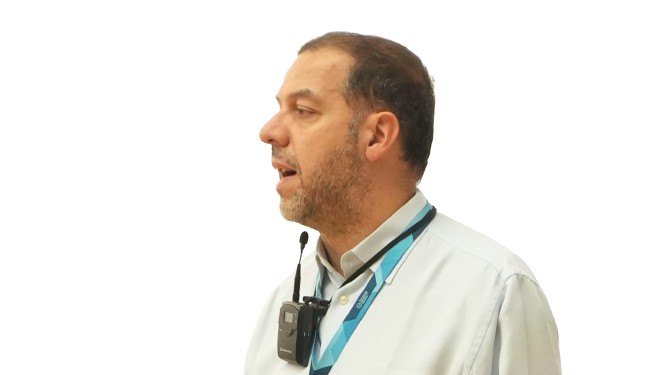Kristina Nikiruy, Tzvetan Ivanov, Martin Ziegler, David Rossetti, Fernando Corinto, Alon Ascoli, Ronald Tetzlaff,
Ahmet Samil Demirkol, Nicolas Schmitt
IEEE International Conference on Metrology for eXtended Reality, Artificial Intelligence and Neural Engineering (MetroXRAINE), 21-23 October 2024








